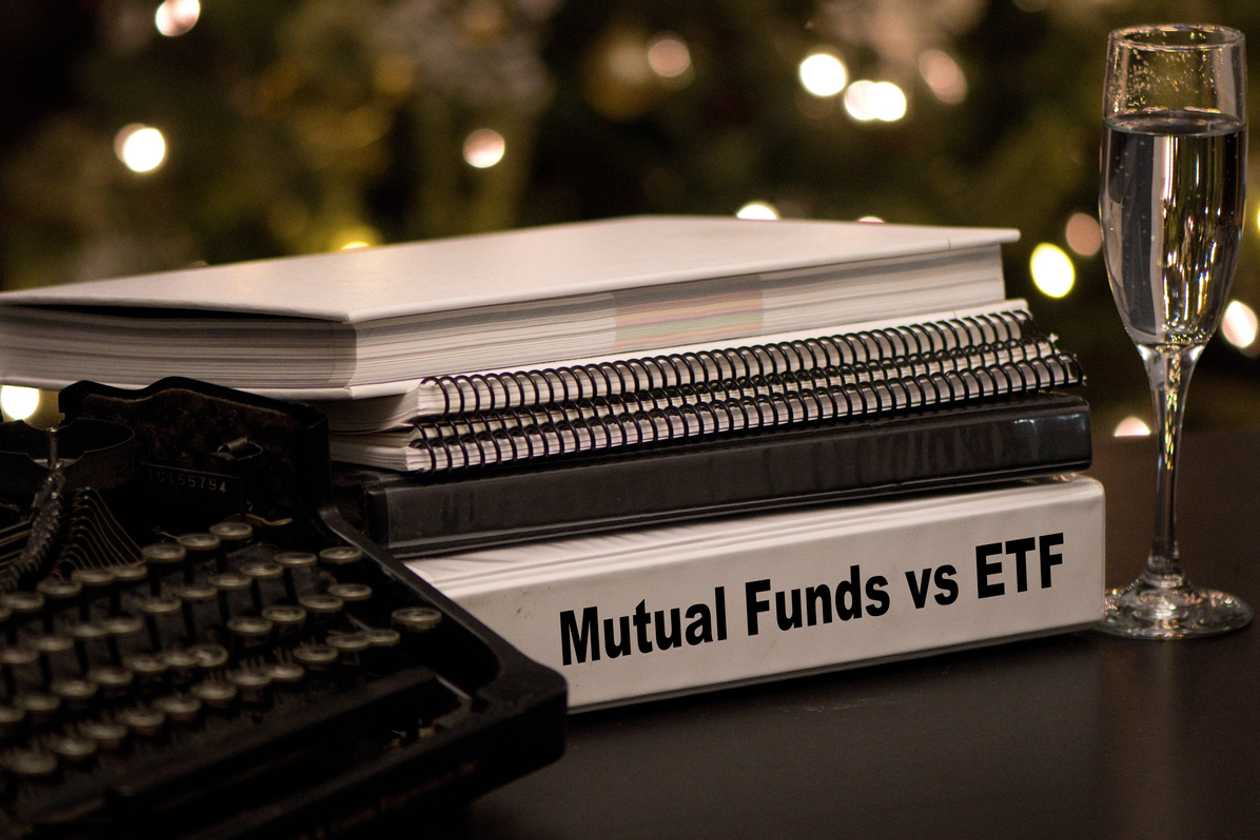Investing can feel like navigating a foreign language. With terms like mutual fund, index fund, and ETF being thrown around, it’s easy to get overwhelmed. But fear not! We’re here to demystify the world of investing and help you make informed decisions for your portfolio.
What is an ETF?
Let’s start with ETFs, or exchange-traded funds. Think of ETFs as diversified baskets of investments. They trade on stock markets, just like regular stocks, making them accessible to all investors. You can buy shares of an ETF in a taxable brokerage account or retirement account, giving you ownership of a variety of assets.
ETFs are incredibly popular because of their simplicity and diversity. There are thousands of ETFs to choose from, offering exposure to different sectors, stocks, bonds, and more. With over $6 trillion in assets, ETFs have become a go-to choice for beginner investors.
What is a mutual fund?
Now, let’s talk about mutual funds. A mutual fund is an investment vehicle where multiple investors pool their resources to buy a collection of securities and assets. These funds can be actively managed by professionals or passively track specific indexes, such as the S&P 500.
Mutual funds are a great choice for investors who want a hands-off approach. You don’t have to worry about actively trading or making complex investment decisions. Instead, you rely on the expertise of fund managers to handle the portfolio.
Mutual funds vs. ETFs: Similarities and differences
Both mutual funds and ETFs offer built-in diversification and have associated fees. They come in various types, including actively managed funds and index funds. However, there are crucial differences to consider:
- Pricing: ETFs are priced on the stock market, while mutual funds are valued based on their net asset value (NAV) at the end of each day.
- Purchase method: ETFs are bought and sold on the open market, while mutual fund shares are purchased directly from the fund itself.
- Taxation: ETFs and mutual funds may be subject to capital gains taxes when shares are sold. However, mutual funds may also distribute taxable gains to shareholders within the fund.
ETFs or mutual funds: Deciding which is right for your portfolio
When deciding between ETFs and mutual funds, consider your investment style and goals:
When to consider ETFs
If you prefer an active role in managing your portfolio, ETFs may be a good fit. You can trade ETFs like stocks, providing opportunities for market engagement and learning. Additionally, ETFs are generally more tax-efficient than mutual funds.
When to consider mutual funds
For a more hands-off approach, mutual funds are a solid choice. You can rely on professional fund managers to handle the investment decisions for you. If beating the market isn’t your expertise, a mutual fund can provide peace of mind.
Get advice from a professional
As always, consulting a financial professional can provide valuable guidance tailored to your specific needs. Consider reaching out to a nearby financial advisor who can answer your questions and offer personalized advice.
Do ETFs and mutual funds pay dividends or distributions?
Yes, both ETFs and mutual funds can pay dividends or distributions. However, the frequency and amount depend on the individual funds. ETFs often pay out cash dividends quarterly, similar to individual stocks. Mutual funds may distribute dividends once per year or follow a different schedule. Researching specific funds will help you find the right balance for your investment strategy.
Are mutual funds safer than ETFs?
Neither mutual funds nor ETFs can be deemed entirely safe or risk-free. Both carry inherent risks associated with the underlying assets within each fund. While the diversification provided by these investment vehicles can mitigate some risks, it’s essential to consider the specific fund’s concentration and investment strategy.
Mutual fund, ETF, or both?
You’re not limited to choosing either ETFs or mutual funds. In fact, incorporating both into your portfolio can provide diversification and cater to different investment styles. Beginner investors often find this approach beneficial. However, always do your due diligence, assess the risks, and seek professional guidance when needed.
Frequently asked questions (FAQs)
-
What happens to my ETF if the company fails?
- If the company managing an ETF fails or liquidates, shareholders are typically paid out in cash, following a specific procedure.
-
Do you pay taxes on an ETF if you don’t sell?
- No, you won’t trigger a taxable event with an ETF unless you sell it. Holding onto an ETF won’t accrue a tax liability, although you may owe taxes on any dividends received.
-
Is 2023 a good time to invest in mutual funds?
- Any time can be a good time to invest in mutual funds, depending on your financial goals. It’s advisable to consult with a financial professional to assess your specific circumstances and get personalized advice.
Remember, investing is a personal journey, and what works for one person may not work for another. Take the time to understand your risk tolerance, goals, and investment strategy. And if you need more guidance, visit Personal Finances Blog for expert advice tailored to your financial well-being. Happy investing!

